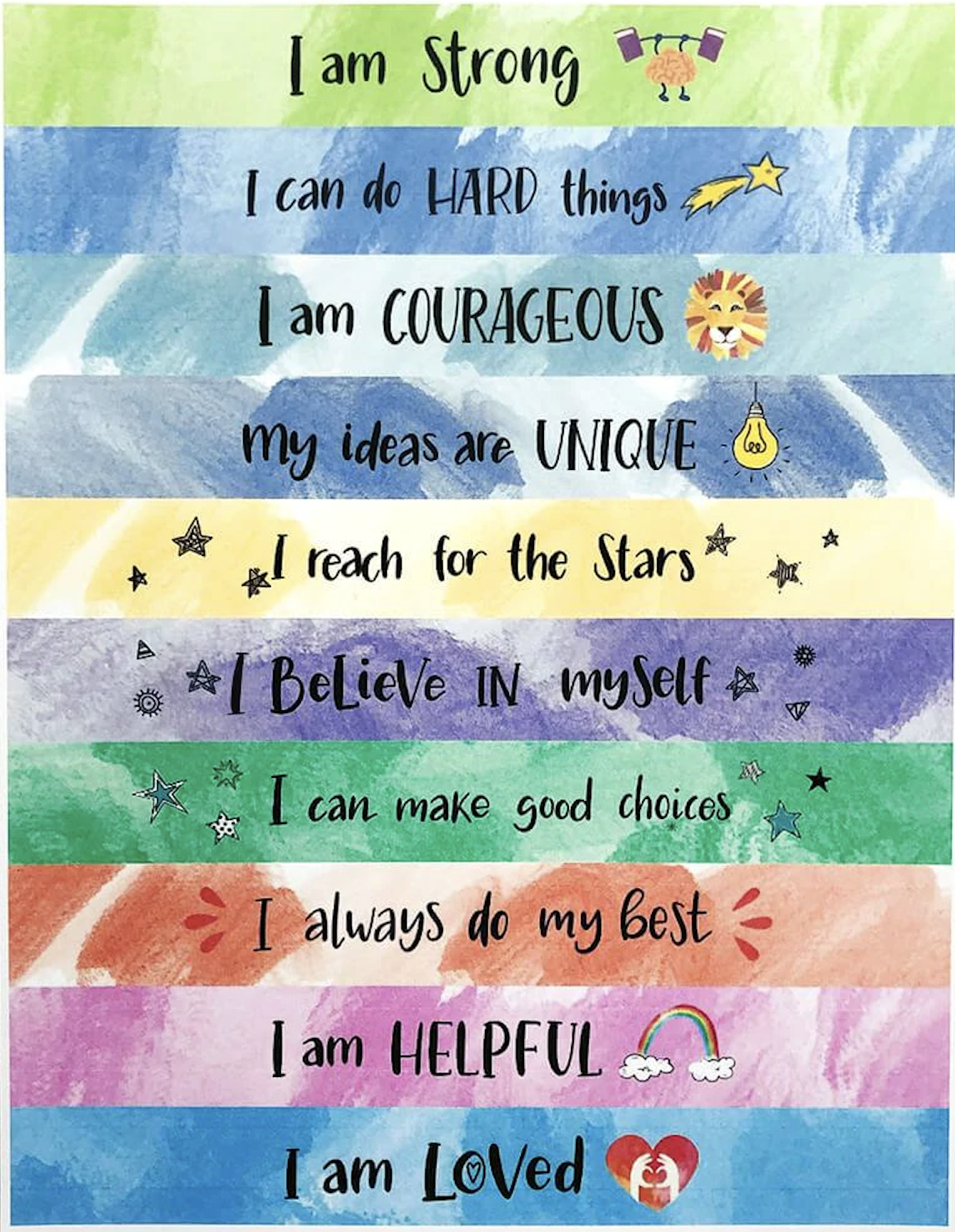
Mental Health and Wellbeing
Higher Bebington Junior School
Mental Health and Wellbeing
“Mental health is defined as a state of wellbeing in which every individual realises his or her own potential, can cope with the normal stresses of life, can work productively and fruitfully, and is able to make a contribution to her or his community.”
At Higher Bebington Junior School, we take a whole-school approach to promoting positive mental health and well-being by helping the children to become more resilient, happy and successful individuals and to work in a pro-active way to avoid difficulties arising.
We do this by:
Creating and applying consistent policies and behaviours that support mental health and resilience, and which everyone understands. Integrating the Thrive curriculum into the ethos of our school
Helping children to develop social relationships, support each other and seek help when they need it.
Promoting self-esteem and ensuring children understand their importance in the World.
Helping children to be resilient learners and to manage setbacks.
Teaching children social and emotional skills and an awareness of mental health.
Identifying children who have mental health challenges and planning support to meet their needs, including working with specialist services, parents and carers.
Supporting and training staff to develop their skills and their own resilience.
Developing a positive, nurturing and open culture where it’s normal to talk about mental health.
Over the course of their education, children spend over 7,800 hours at school.
With such a huge amount of time spent in the classroom, our school provides an ideal environment for promoting good emotional wellbeing and identifying early behaviour changes and signs of mental distress. The social and emotional skills, knowledge and behaviours that young people learn in the classroom can help them to build resilience and set the pattern for how they will manage their mental health throughout their lives.
Emotional wellbeing is a clear indicator of academic achievement, success and satisfaction in later life. Evidence shows that mental health and wellbeing programmes in schools can lead to significant improvements in children’s mental health and social and emotional skills. Well-being provision in schools can also lead to reductions in classroom misbehaviour and bullying.
Promotion of Positive Mental Health and Well-Being
At Higher Bebington Junior School, we offer pupils many opportunities to do physical and relaxing activities to promote positive well-being.
These include:
Lunchtime games with Full of Beans
Lunchtime clubs around building positive social skills and calming strategies
Mini Mermaids & Young Tritons
ELSA Support
The Thrive Curriculum
Home Learning Projects
Mental Health Week
Themed Days
Charity Days
Summer and Christmas Fairs
Residential visits
Educational day visits
Before and After school clubs
Celebrate Success
We believe that promoting the many successes that our children achieve on a day to day basis supports them in boosting their own level of confidence and self-esteem and leads to them building positive mental health and well-being.
At Higher Bebington Junior School, this includes:
Using Twitter to celebrate what is taking place.
Positive behaviour system
Displaying pupil’s work
Class Recognition time
Merit assembly
Lunchtime awards
Maths award
House points
Head Teacher awards
Postcards home
Positive phone calls home
Class Assemblies
PE Newsletter
School Newsletter
Teaching about Mental Health and Wellbeing
At Higher Bebington Junior School, as well as embedding positive mental health and well-being teaching and learning throughout the curriculum and ethos of our school, there are specific interventions that take place with children to support their positive emotional development.
These include:
Thrive
ELSA
Nurture
Social skills groups (1:1 and small group)
Counselling
Y3: Y5 and Y4: Y6 Buddy system
Lego therapy





